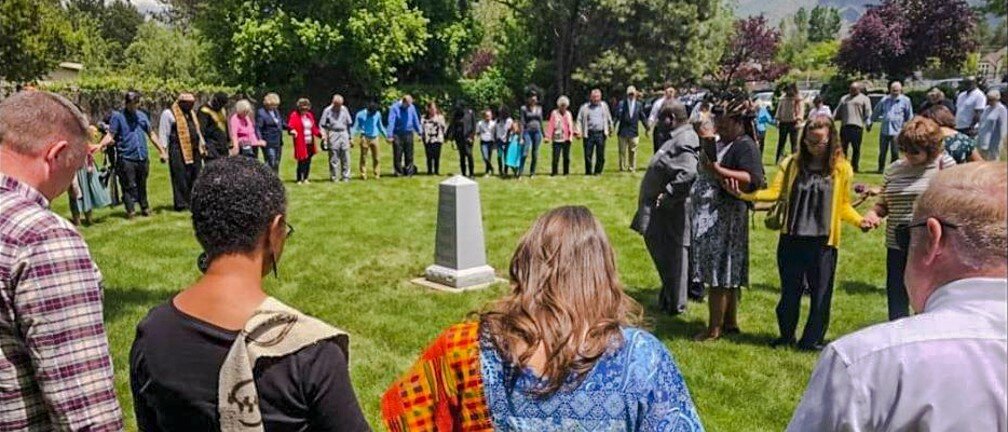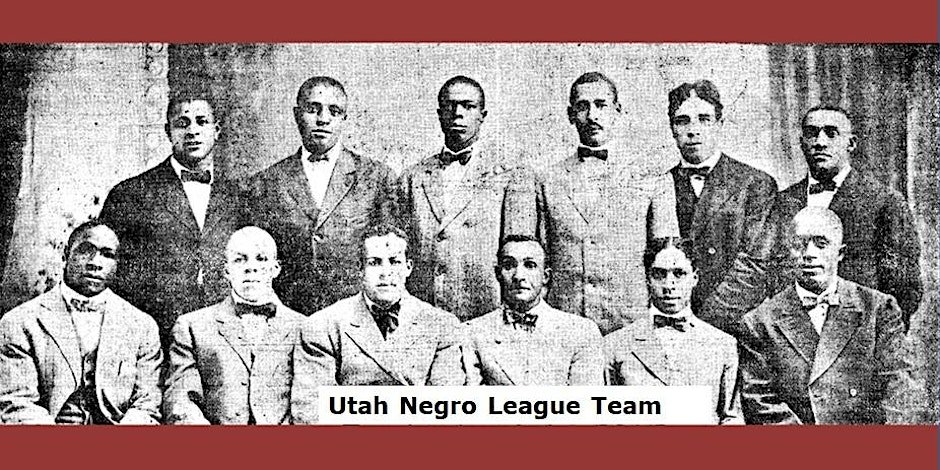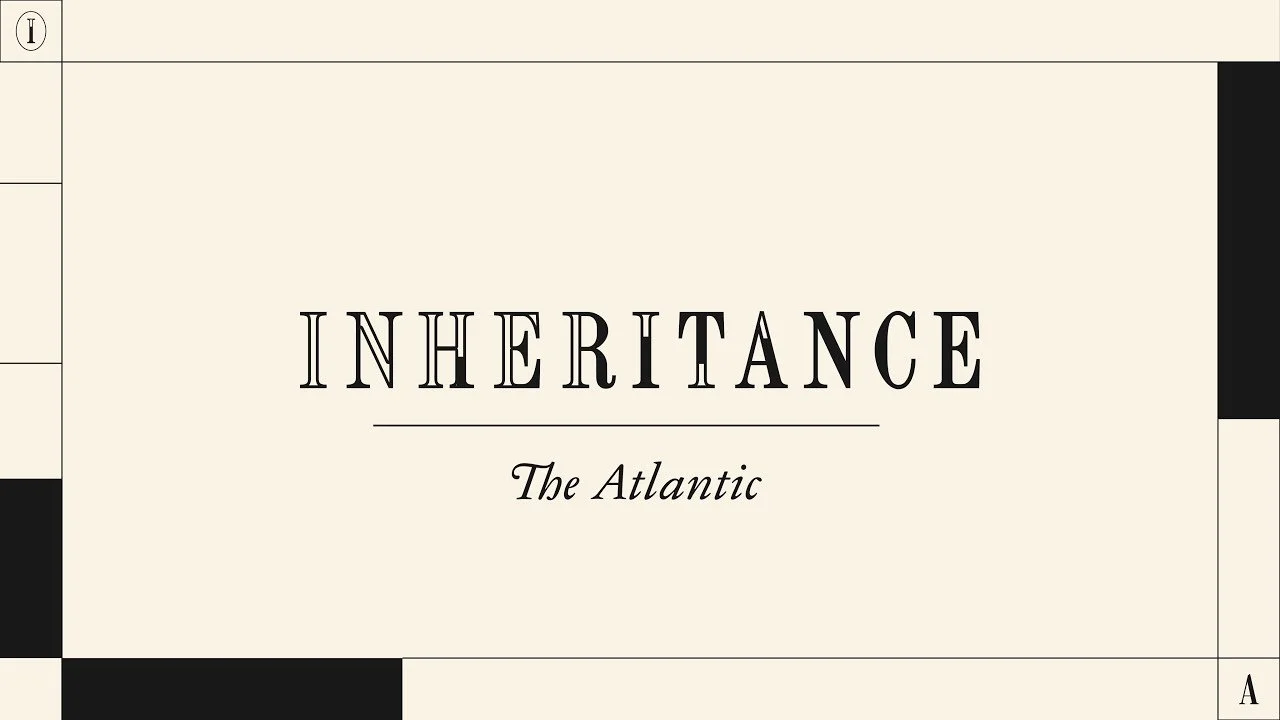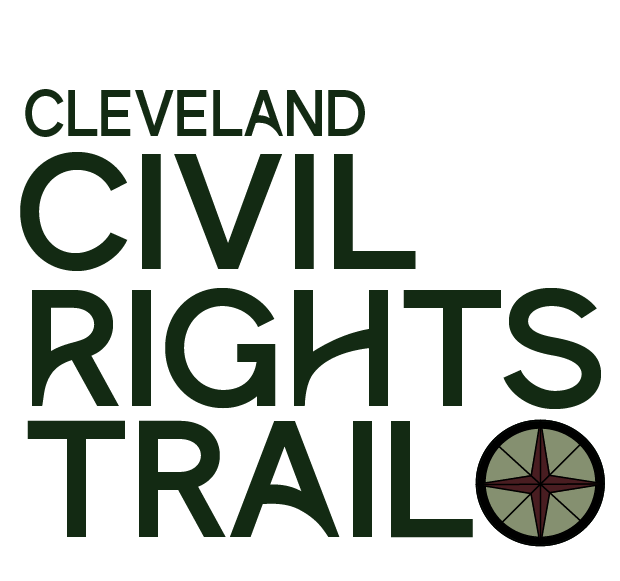Resources
A list of educational and research resources from the Sema Hadithi Advisory and Executive Board members.
Expand Your Educational Toolkit!
Tell the Story Curriculum
Juneteenth: From Emancipation to Celebration - Fighting for and Celebrating Freedom
This curriculum aims to provide 7th-grade students with an in-depth understanding of Juneteenth and the broader context of emancipation and the fight for freedom in the United States. Through engaging lessons and activities, students will learn about the historical significance of Juneteenth, the various emancipation days celebrated across the country, and the impact of these events on African Americans and Native Americans, particularly in Utah.
Local History
-
“A history of slavery in Utah,” Wikipedia
Tamara Kemsley, “Black pioneers’ role in Mormon migration to gain recognition, The Salt Lake Tribune, December 12, 2021
Matt Pearl, “Movement rises to protect and preserve Black churches and history around the country,”Fox13 News, December 2021
Wes Long, “Remembering Salt Lake City’s Nettie Gregory Center and the African American community that built it,” Salt Lake City Weekly, February 2023
Peggy Fletcher Stack, “Black Latter-day Saints express their faith and their wrestles with racism in the church,”The Salt Lake Tribune, January 3, 2023
tate History - BETTYE GILLESPIE: A CIVIL RIGHTS LEADER
https://history.utah.gov/bettye-gillespie-a-civil-rights-leader/
KUTV - Researcher highlights Utah's Black history with Buffalo Soldiers
https://kjzz.com/news/local/researcher-highlights-utahs-black-history-with-buffalo-soldiers
Public invited to see new monument honoring Black pioneers at This is the Place Heritage Park
The new monument will be unveiled and dedicated on July 22.
Get the details HERE.Explore Historic Sites commemorating Black history in Utah
-
Hyrum Museum showcasing Black Utah history in new exhibit | Cache Valley Daily, February 2023
-
Podcasts
The First Black Archaeologist, John Wesley Gilbert | The Archaeology Show
Reading Lists
Black People, Porches and Politics | Places Journal
National History
Studies
National Historic Landmark Theme Studies | National Park Service
Grants
Grant Programs | National Trust for Historic Preservation
Digital Exhibits
Videos
Bunk Johnson - Out of the Shadows , A Blues Poem | National Trust for Historic Preservation
How Redlining Has Shaped Our Cities and Increased the Racial Divide in America | Beth Johnson & Sean Suder
The Texas Sit-Ins: Civil Rights Video Series | The Conservation Society of San Antonio
The Avondale Burial Place and African American Burial Grounds Network | National Trust for Historic Preservation
Life, Ebony, and Modernism in 1950s America | The Glass House
LEGO Universes by Artist Ekow Nimako Envision an Afrofuturistic World | Daily Vice
African American Cultural Heritage Action Fund | Nation Trust for Historic Preservation
Public Archaeology in African American Communities | Archaeology SouthWest
-
Lawana Holland-Moore, “Hinchliffe Stadium’s Comeback is a Home Run,”National Trust for Historic Preservation, October 2020
"Elizabeth Alexander on the ‘Urgent and Sacred Mission’ of Saving Black History Sites,” National Trust for Historic Preservation, Fall 2022
“Racial justice, diversity, equity, and inclusion resources” , Massachusetts Nonprofit Network
Lowana Holland-Moore, “From Trails to Timber: Uncovering Black History in Oregon,” National Trust for Historic Preservation, January 2021
The spatial equity recovery makes a just built environment the backbone of our country's long-overdue economic, environmental, and racial justice reset."
https://slate.com/technology/2021/02/infrastructure-biden-spatial-equity.html
(Idaho) State Historic Preservation Office wants to fill in the blanks on Idaho’s African American story.
https://www.idahopress.com/community/life/the-state-historic-preservation-office-wants-to-fill-in-the-blanks-on-idahos-african-american/article_f227e86f-215e-5586-a479-5139a06622e1.htmlfrican American Cultural Heritage Action Fund Grants Announcement (National Trust for Historic Preservation)
Press release https://savingplaces.org/fund-to-save-african-american-landmarks-announces-2021-grants
he Spark and the Flame: The Circle of Preserving Black History - National Trust for Historic Preservation
IG unveils new images of National Juneteenth Museum: Texas education and community centre commemorating abolition of slavery will cost $70m.
Bjarke Ingels Group has revealed new images of the practice’s plans for a National Juneteenth Museum in Fort Worth, Texas, which will commemorate the abolition of slavery. Read more here.
ow One Preservationist Is Bridging Black History with Black Futures
A National Trust Preservationist Makes Oprah’s List of Black Visionaries. Oprah Daily’s Future Rising, a list of Black trailblazers, included Brent Leggs, Executive Director of the National Trust’s African American Cultural Heritage Action Fund. Learn about the path he took to become a preservationist.
https://www.veranda.com/luxury-lifestyle/a40062686/brent-leggs-black-preservation-interview/lack Heritage Preservation Program works to honor Black history throughout Indiana
A new program is working to boost efforts to preserve, protect and recognize Black history in the Hoosier state.
How the Word Is Passed: A Conversation with Clint Smith
In Clint Smith’s new book, How the Word Is Passed, the poet travels across the country to take readers on a tour of eight historical places that play to our present understanding of who we are as Americans—especially Black Americans. Read an interview with Smith to learn about the power of words and the power of place. LEARN MOREIN FOCUS: Black history month discussion
https://www.abc4.com/news/infocus/in-focus-discussion-black-history-month/dd Your Name to Support Preserving Emmett Till and Mamie Till Mobley’s Legacy
C-SPAN
American History TV
The Negro Soldier
This 1944 documentary was intended to encourage African Americans to enlist in the U.S. Army during World War II. The film traces the history of African American contributions to society during war and peace, beginning with the Revolutionary War, then shows their work as teachers, judges, scientists, artists, musicians, athletes, and soldiers. The film was produced by Frank Capra. In 2011, this forty-minute film was chosen to be preserved in the National Film Registry of the Library of Congress and was recently restored by the National Archives.
Apps
Road to Freedom | African American Heritage Preservation Foundation























